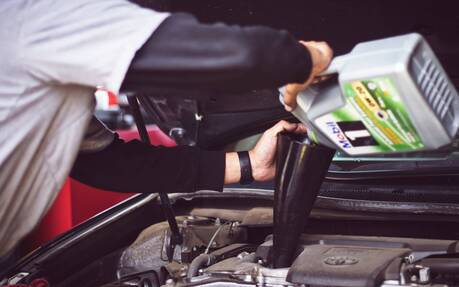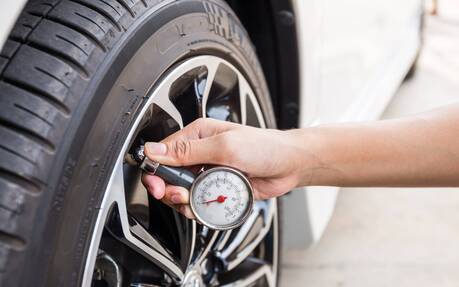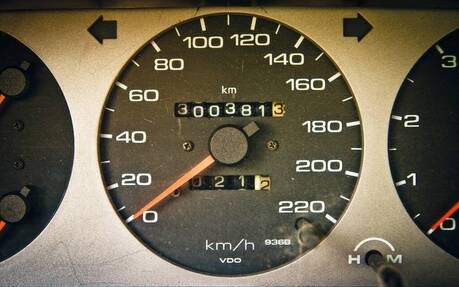7 Tips to Extend the Life of Your Vehicle
In a context where dealer inventories are low and changing vehicles can be more difficult or costly, taking proper care of your car to extend its useful life can turn out to be pretty profitable.
Below are seven tips you can use to help your vehicle last longer. Why seven? Well, that's the lucky number, isn't it?
1. Read the Owner's Manual
To take proper care of a vehicle, you must first know it well. It all starts with the owner's manual, which contains all the information about the specifics of the model and the manufacturer's recommendations, including service intervals. Refer to this book as often as possible.

2. Change the Oil Regularly
Changing the engine oil when prescribed by the manufacturer not only ensures optimum performance and avoids wasting fuel, but also extends the life of mechanical components and prevents costly repairs. Also, don't neglect the vehicle's other oils and fluids (transmission, differentials, brakes, power steering, cooling systems, etc).
3. Keep the Vehicle Clean
Rust and dirt are two great threats to vehicles, jeopardizing long-term health and resale value. An annual rustproofing treatment is not a bad idea. In addition, regardless of the season, a thorough wash and a good underbody rinse will remove accumulations of debris, dirt, salt and other materials (think bird feces!).

4. Protection From the Sun
The sun can fade and damage paint and interior surfaces over time. It is best to try to park in a sheltered area or in the shade and never wash the vehicle in direct sunlight. Leather and plastic in the cabin do not react well to prolonged exposure to UV rays and heat, so treat these surfaces from time to time with an appropriate protector.
5. Check Tire Pressure
Under-inflated tires make the engine work harder and increase fuel consumption. They also wear out faster and can affect the vehicle's handling, sometimes with long-term consequences to chassis components. Check tire pressure at least once a month and inflate tires as needed.

6. Drive Smart
Repeated hard acceleration and braking wear out vehicle components prematurely. This is especially true in cold weather when the vehicle is cold. That's why it's important to drive smoothly. Plus, it can prevent accidents!
7. Avoid Short Trips and Traffic
Short trips that don't allow the vehicle to warm up to optimal operating temperature can accelerate wear. Try to combine trips as much as possible and avoid rush hour traffic, as mechanical components are generally more solicited in stop-and-go situations.
